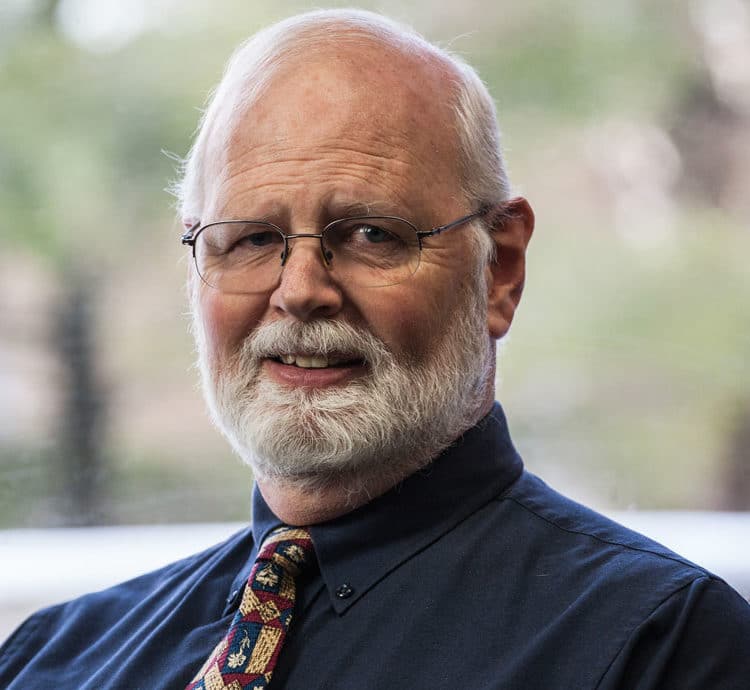For some, a doctorate degree is the ultimate academic achievement. You’ve conquered your way through a bachelor’s, master’s and now the doctorate.
But, learning doesn’t need to stop once you get the “Dr.” in front of your name.
Here, we share how earning a terminal degree doesn’t mean an end to continual learning.
WHAT DOORS CAN OPEN UP FOR AN ED.D. GRADUATE? HOW SHOULD GRADUATES TAKE ADVANTAGE OF THOSE OPPORTUNITIES?
There are several specific fields where an Ed.D. can be indispensable. First, if you wish to continue in education as a teacher, then it has become a fairly standard requirement for teaching at the college level. Certainly, full professorship positions will not be open to you without it.
Second, positions in educational leadership such as the superintendent of a large public school district or dean of a college become possible. These are positions of great influence where one can directly affect the lives of hundreds or even thousands of people, and indirectly far more.
The third field that an Ed.D. will open up is research. Learning how to do sophisticated quantitative and qualitative analysis is part of a doctoral program. If you enjoy asking questions, researching the answers, analyzing the data and answering the question, then a doctorate will prepare you to do that.
The best way to get your foot in the door to any of these opportunities is either through volunteering or taking on a position working with those currently in that field. Let’s face it; people hire whom they know. If an employer sees a doctoral candidate who is serious about their work, they are going to be more likely to make a job offer when a position becomes available.
WHAT ARE WAYS TO STAY SHARP IN RESEARCHING SKILLS EVEN AFTER YOU GRADUATE FROM THE ED.D. PROGRAM?
Get connected to a local school or school district and talk to those in leadership there. Ask them about what they need to understand better. Offer to research it for them. This may involve simply reviewing and summarizing the latest literature and making judicious recommendations. Or, it may involve offering to do a unique project and conducting research on site within the school or district. With an Ed.D., you will be qualified to do that.
WHAT JOURNALS OR OTHER PUBLICATIONS SHOULD GRADUATES AND CURRENT STUDENTS SUBSCRIBE TO TO STAY ENGAGED IN THEIR FIELD?
If you intend to spend your career in the field either in a school or district, then you can keep abreast of current thinking by subscribing to some of the popular but more theoretical magazines such as Educational Leadership or Phi Delta Kappan. These will give you a synopsis of current research and thinking in a variety of areas that you can share with your teachers.
If you want to stay current on the latest research being done and enjoy reviewing the data and statistical analysis that comes with it, then something like the Journal of Educational Research or the American Educational Research Journal would be good choices.
It is a good idea during your doctoral program to take note of those journals or magazines that you cite most often and turn to for assistance in your research. Those are likely the ones that you will want in the future as well.
WHAT ARE WAYS GRADUATES CAN CONTINUALLY USE WHAT THEY’VE LEARNED THROUGHOUT THE PROGRAM IN THEIR PROFESSIONAL LIFE?
For me, and I suspect for most, the most valuable thing about the process was developing the skills of critical thinking, analysis and evaluation. Once you have pored over mounds of research and have sifted the wheat from the chaff, you will be better prepared to evaluate educational trends to determine which ones are fads and which ones are here to stay.
This will only help you if you indeed are seeking a job with great responsibility and sophisticated challenges. Becoming a complex problem solver is one of the results of earning an advanced degree. Your skills will be wasted unless you stay in the field and give yourself to applying your knowledge and skills to improving education at the highest levels.
HOW HAVE YOU CONTINUED TO GROW AND EXPAND YOUR SKILLS AND KNOWLEDGE DESPITE EARNING A “TERMINAL” DEGREE?
First, it has assured me a “seat at the table.” In higher education, academics respect the effort and expertise that are required to earn a doctorate.
Second, there is a tremendous sense of satisfaction in having accomplished this incredibly challenging venture.
Third, I have gained confidence in my reading, writing and research abilities and am recognized as an expert in my particular field of study.
Fourth, I have been able to convert my dissertation into a published article.
Finally, I have been continuing to do further research in my area of interest and hope to be published again. It’s been very rewarding to apply my skills to real-life problems and solve them!
WANT TO EARN YOUR ED.D.?
Our Doctor of Education in Organizational Leadership and Development degree program will prepare you to be a lifelong learner, even after you graduate.









